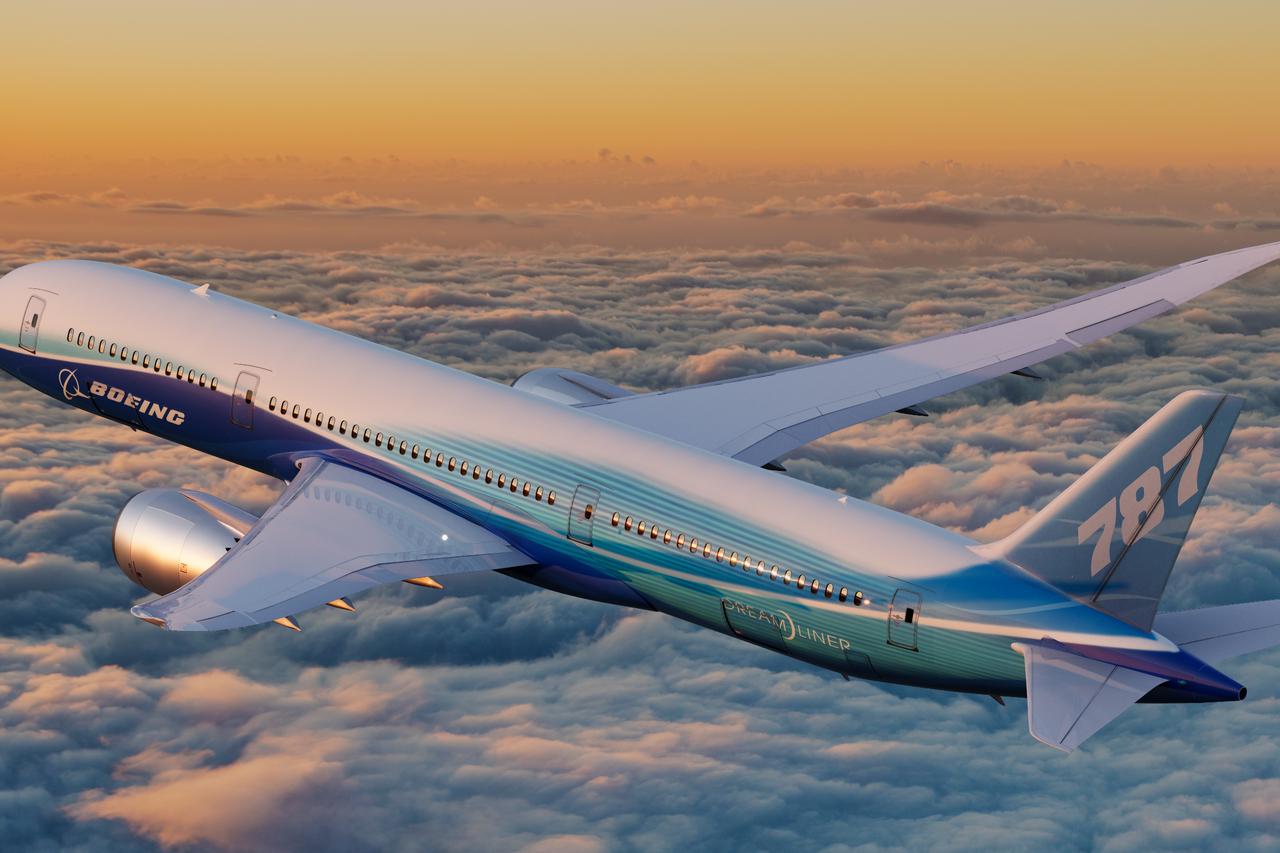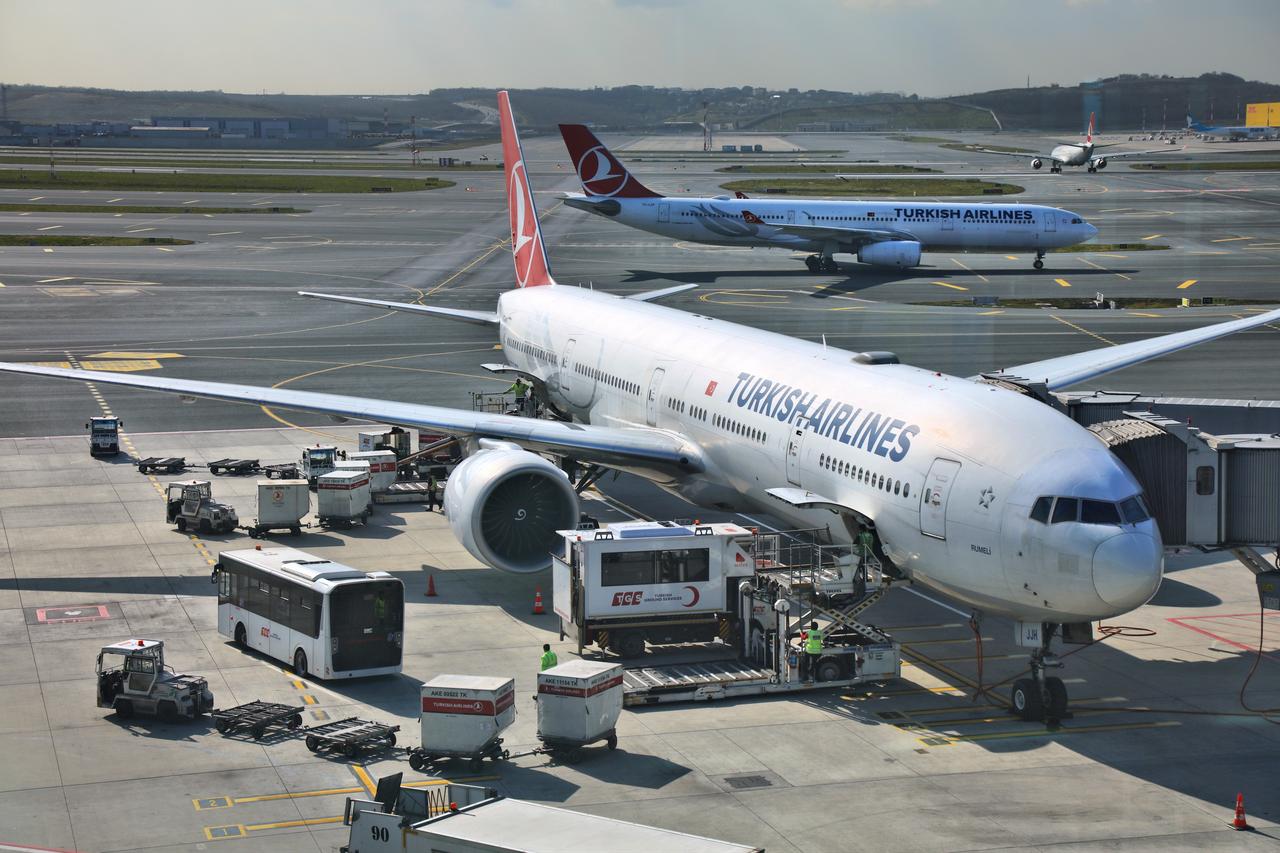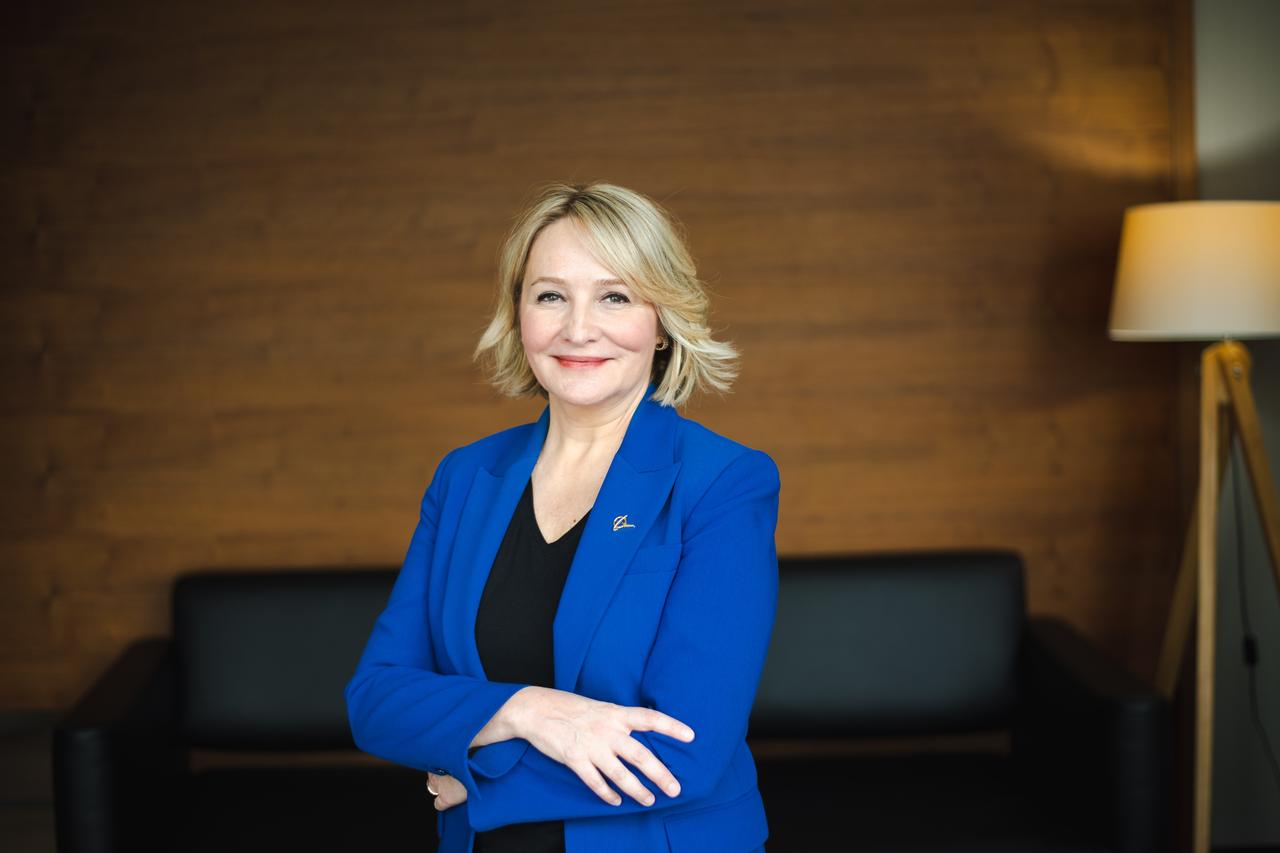
Boeing’s procurement volume from the Turkish aviation industry has exceeded $2 billion, the company’s Türkiye and Central Asia Managing Director Aysem Sargin said Saturday.
Speaking to Turkish news agency Anadolu, Sargin said Boeing is “proud and pleased” that its partnership with Türkiye spans more than 80 years.
She stressed that Türkiye is not only a priority growth market but also a critical source of industrial, engineering, and technological capabilities.
Under the Boeing Türkiye National Aviation Plan launched in 2017, the partnership deepened in four key areas: industry, technology, regional services, and advanced capability development.

“Our supplier network in Türkiye covers over 20 companies in Ankara, Istanbul, Izmir, Bursa, Kayseri, and Eskisehir,” Sargin said.
“Turkish suppliers provide components for all current Boeing commercial aircraft in production, from the 737 to the 787, as well as for defense platforms such as the Chinook and P-8.”
Through Boeing’s Supplier Development Program, Turkish companies receive support to meet international certification standards, Sargin said, adding that the effort will boost Türkiye’s aviation exports “with a multiplier effect.”
Boeing has also invested in training and capacity building. The Newton Flight Academy, launched in Istanbul with FIRST Scandinavia and the Science Heroes Association, offers STEM-based aviation education to students aged 13–16.
The facility is equipped with full-motion simulators to inspire youth in aviation and space. The Boeing Engineering and Technology Center at Istanbul Technopark, opened in 2018, employs about 100 engineers. “This center not only contributes to global product development but also strengthens Türkiye’s capacity for future aviation leadership,” Sargin said.

Sargin said Boeing is committed to helping global customers and stakeholders meet sustainability targets, in line with the International Civil Aviation Organization’s goal of net-zero carbon emissions by 2050.
She outlined five strategies: fleet renewal, advanced technology, renewable energy and sustainable fuels, operational efficiency, and market-based measures. Boeing’s latest models—including the 787 Dreamliner, 777X, and 737 MAX—deliver 20% to 30% greater fuel efficiency than the aircraft they replace, she said.
Sargin described sustainable aviation fuel (SAF) as “the most effective solution over the next 30 years,” capable of cutting life-cycle carbon emissions by up to 80% compared with conventional jet fuel.
Boeing is also investing in future technologies such as green hydrogen and electric flight.
Wisk, Boeing’s joint venture, has conducted over 1,750 test flights with a fully autonomous, all-electric air taxi since 2010. Boeing is also collaborating with NASA and GE Aerospace on a 1-megawatt hybrid-electric flight system.
Sargin welcomed the sustainable aviation fuel mandate introduced by Türkiye’s Directorate General of Civil Aviation.
“For our country, this decision is an important step toward reducing emissions and aligns with global net-zero targets,” she said.
She emphasized Türkiye’s strategic position, noting its world-class airline and one of the world’s largest airports, and said Boeing is analyzing feedstock potential through the Türkiye Sustainable Aviation Platform (TSAA).
“We are evaluating the domestic biomass potential that can be derived from Türkiye’s agricultural sector,” she said.
Marking Boeing’s 80th anniversary in Türkiye, Sargin recalled that ties began in 1945 with the delivery of the first DC-3 aircraft.
“Today, Türkiye is not only a valued customer but also a critical part of our global supply chain, a hub of advanced engineering, and an important partner in shaping the future of sustainable aviation,” she said.
“From expanding our supplier network to investing in young talent, and from joint work on sustainable fuel platforms to next-generation technologies, we believe Türkiye will play an important role not only regionally but also globally in shaping the future of aviation.”